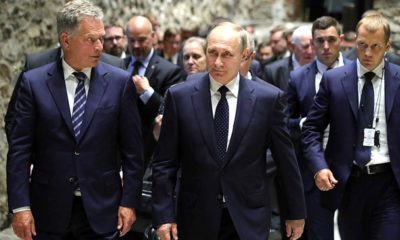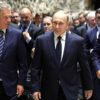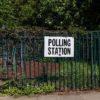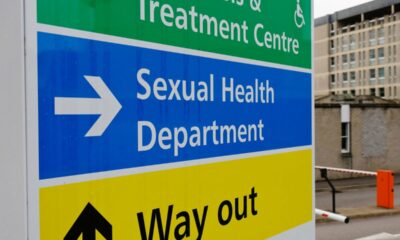News
Zimbabwe: regime Change Leaves African nation with uncertain future
As tanks roll down the streets of the capital, Zimbabweans and the wider world await news as to the country’s future
As tanks roll down the streets of the capital, Zimbabweans and the wider world await news as to the country’s future. James Middleton reports
The military appear to have seized power in Zimbabwe, we have learned. The BBC are reporting that the reviled erstwhile President Robert Mugabe has been placed under house arrest in Harare, while one source in the country described his removal from power as a “done deal“.
Little is known as yet as to why military forces decided to oust Mugabe, who has been in office for 37 years, but it is widely believed to be related to the influence of his wife Grace over the running of the government. Emmerson Mnangagwa, the powerful vice-president of Zimbabwe, was dismissed by Mugabe last week in an attempt to clear his wife’s path to power.
Subtle indication there may be a coup: your news anchor is suddenly this guy, telling you it’s totally not a coup. pic.twitter.com/lKOX5uQGnW
— Carl Fridh Kleberg (@FridhKleberg) November 15, 2017
Mnangagwa, who fled the country last week after his dismissal, is alleged to have returned to the country today amid speculation that he will succeed to the Presidency following Mugabe’s impending resignation. One opposition official told the Guardian that Mnangawa’s administration would be co-led by a Vice-President and Prime Minister from opposition parties, although there has been no independent verification of this claim.
The presence of opposition parties in government will be crucial to the long-term survival of any post-Mugabe consensus. Mugabe has ruled his country for four decades as an autocrat, and the presence of minor parties in government will lend legitimacy to what might otherwise be seen as a military coup.














